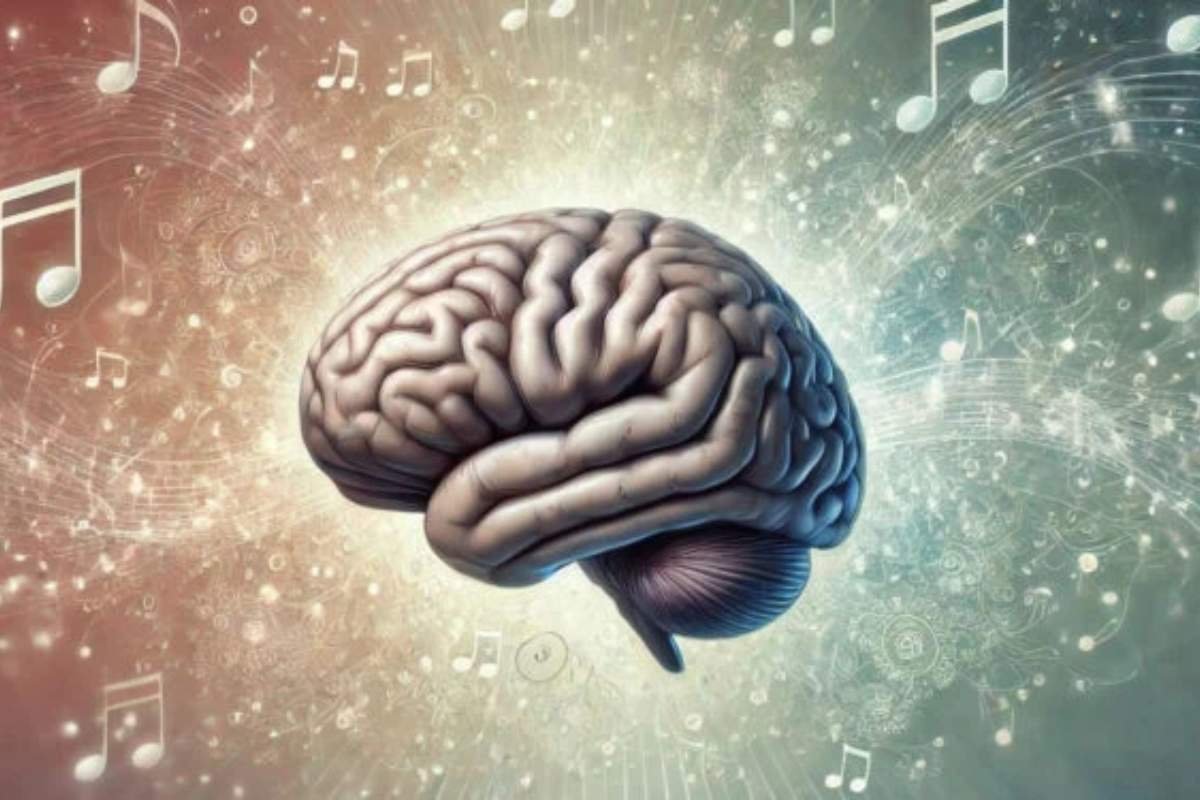[Source – psypost]
A recent study published in Communications Biology sheds light on how older brains adapt to music despite the cognitive challenges that come with aging. Researchers focused on how aging impacts the brain’s ability to recognize music by comparing neural responses of young adults (aged 18-25) and older adults (aged 60-81). The findings suggest that older brains adapt to music by reorganizing themselves, using compensatory mechanisms to maintain memory function even as predictive abilities decline.
Aging often leads to changes in the brain that impact cognitive functions such as memory and attention. Understanding these changes is critical for identifying early signs of age-related decline. Previous studies suggest that older adults might compensate for cognitive decline by using alternative brain networks or regions. However, the mechanisms by which older adults process and recognize familiar sounds, especially in the auditory domain, remain less understood.
Study Highlights Neural Adaptations in Aging Brains
To explore this phenomenon, the researchers hypothesized that older adults’ brains might reorganize themselves to adapt during tasks like recognizing musical sequences. Instead of simply showing reduced brain signals, they predicted that older adults would demonstrate a qualitative change in brain function, using “backup systems.” Specifically, the study anticipated reduced activity in memory-associated areas like the hippocampus and increased activity in regions responsible for auditory processing, such as the auditory cortex.
The study involved 76 participants, divided into young and older adults, who listened to musical sequences. Behavioral and brain activity data were collected using advanced techniques like magnetoencephalography (MEG) and MRI. The findings revealed that while older adults were less accurate in recognizing musical sequences, older brains adapt to music through compensatory mechanisms. This was evident in the increased activity observed in the left auditory cortex, a region responsible for processing sounds, which helped counterbalance the reduced activity in memory-related regions.
Key Findings and Future Research Directions
The study found that older adults were less accurate than younger adults in recognizing specific musical sequences. Statistical analyses revealed that older participants scored lower in recognizing certain sequences and demonstrated longer response times, although this difference was not statistically significant after further analysis. Higher education levels, WM capacity, and years of musical training were associated with better recognition performance. Brain activity analysis showed that older adults generally had reduced activity, particularly in areas linked to auditory processing and memory. However, they exhibited increased activity in certain brain regions when processing the first tone of sequences, suggesting a compensatory mechanism.
The findings suggest that aging affects both the accuracy and neural processing of musical recognition, with educational background, WM, and musical training playing important roles. The study concludes that older adults show increased activity in the left auditory cortex when recognizing familiar sequences, indicating a compensatory mechanism due to reduced activity in memory-related regions like the hippocampus.
In sum, this research highlights the resilience of the aging brain, showing how older brains adapt to music by utilizing alternative networks to maintain cognitive functions. Future research could further investigate how hearing loss and different cognitive tasks affect these adaptations.







